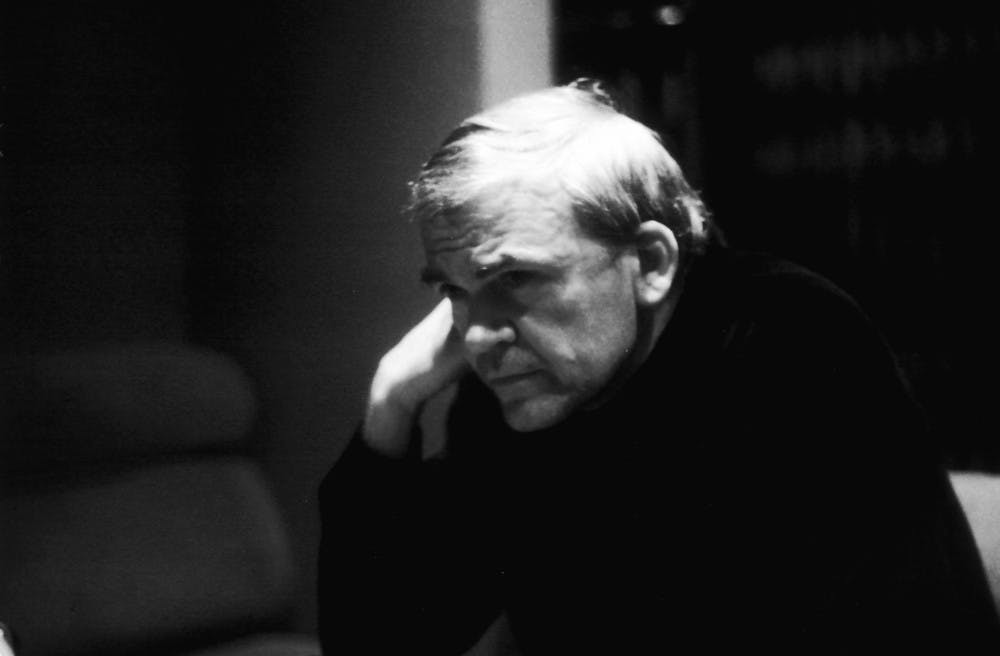Book: Immortality by Milan Kundera
Recommended by: Sherry Tseng
Plot: Immortality starts with a simple gesture: a casual wave of goodbye to Agnes's swimming instructor. From this small moment, Kundera launches into Agnes's life. Agnes longs to move to the Swiss mountains, where she can finally indulge in the freedom of solitude. But her younger sister, Laura, is not easy to shake off; Laura imitates Agnes's every move, her essence.
Kundera uses this premise to explore the concept of immortality. The book doesn't address immortality in the sense of how a person can somehow live forever, but centers on the immortality of the mark a person can leave on the world. After all, immortality and death are nearly one and the same, an “inseparable pair more perfect than Marx and Engels, Romeo and Juliet, Laurel and Hardy," as Kundera writes.
But is this possible? For the existentialist, the individual is merely a speck, its significance nothing short of that speck. Even “a gesture is more individual than an individual.” Immortality is something reserved only for a select few. However, even the immortals Goethe and Hemingway (immortal through the way their work is preserved) reap no benefits from their immortality, only constantly being subject to an “eternal trial.” What then is the point of trying to achieve immortality? Why leave a mark when nothing good comes out of it?
Like many of his other works, Kundera divides Immortality into different sections—seven in this case—each discrete yet intertwined at the same time. This novel is among the best of his works, only facing an unequal in perhaps The Unbearable Lightness of Being.
Recommended for: existentialists, anyone with a decent taste in the literary arts
Why This Book: Because when you’re told that you are even less of an individual than a gesture, at least it’s told beautifully

